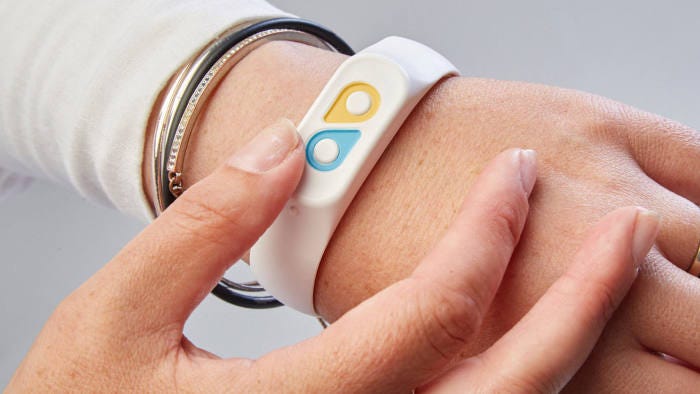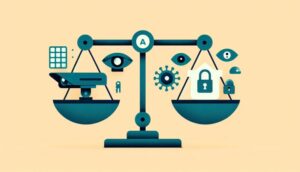Wearable Tech for Mental Health Monitoring

Wearable technology is transforming mental health monitoring by providing real-time physiological and behavioral data to assess emotional well-being. Devices such as smartwatches, fitness trackers, and EEG headbands use biometric sensors to track heart rate variability (HRV), skin temperature, electrodermal activity (EDA), and sleep patterns—key indicators of stress, anxiety, and depression.
AI-powered algorithms analyze these physiological signals to detect mood fluctuations and potential mental health disorders. Some wearables integrate with mobile apps to provide personalized recommendations, guided meditation, and cognitive behavioral therapy (CBT) exercises. Advanced models incorporate machine learning to predict stress triggers and suggest interventions before symptoms escalate.
Companies are increasingly integrating mental health features into mainstream wearables. Apple Watch and Fitbit offer stress tracking, while devices like the Muse headband provide neurofeedback training to enhance mindfulness. Research-focused wearables, such as Biostrap and WHOOP, collect high-resolution biometric data for clinical studies on mental health.
Privacy and ethical concerns remain a challenge, as continuous mental health tracking involves sensitive personal data. Secure encryption and decentralized data storage solutions are being explored to ensure user confidentiality. Regulatory frameworks are also evolving to establish guidelines for the ethical use of mental health wearables.
Wearable mental health monitoring holds potential for early intervention, personalized treatment plans, and improved patient outcomes. As sensor accuracy and AI analytics improve, these devices could become essential tools for both individuals and healthcare providers in managing mental well-being.
Stay ahead with ITBusinessNews – Your trusted source for Technology and Business news. Fast & Precise




